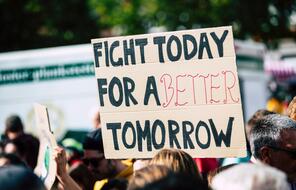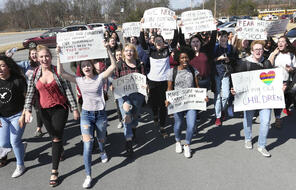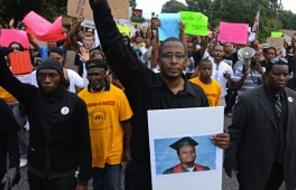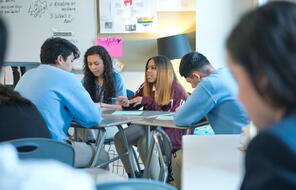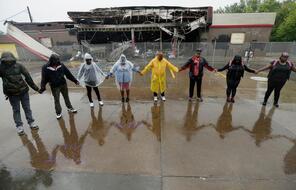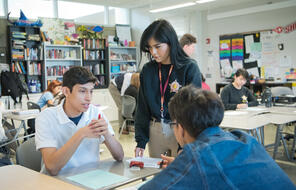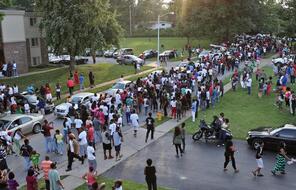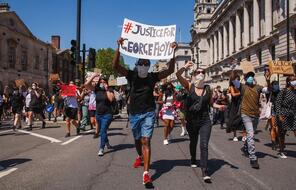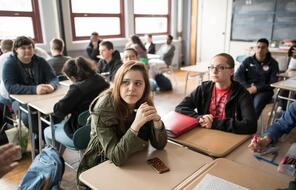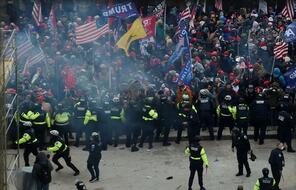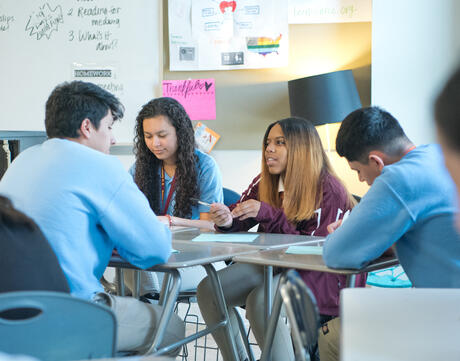
Collection
Civics for All Resources for NYC Public Schools
This collection features all the Facing History resources recommended in the New York Department of Education’s Civics for All curriculum.
At a Glance
Language
English — USSubject
- Civics & Citizenship
- History
- Social Studies
Grade
6–12- Democracy & Civic Engagement
Overview
About This Collection
This collection features all the Facing History resources recommended in the New York Department of Education’s Civics for All curriculum. Resources are organized according to the grade bands and themes in the Civics for All table of contents.
Lesson Plans
Grades 6–8
Grades 9–12
Unlimited Access to Learning. More Added Every Month.
Facing History & Ourselves is designed for educators who want to help students explore identity, think critically, grow emotionally, act ethically, and participate in civic life. It’s hard work, so we’ve developed some go-to professional learning opportunities to help you along the way.
Exploring ELA Text Selection with Julia Torres
On-Demand
Virtual
Listen to #DisruptTexts founder Julia Torres about taking a critical lens to text selection in ELA classrooms.
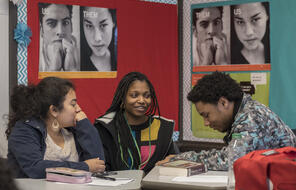
Working for Justice, Equity and Civic Agency in Our Schools: A Conversation with Clint Smith
On-Demand
Virtual
Listen to writer and educator Dr. Clint Smith as he shares his poetry and reflections on working for justice, equity, and civic agency in our schools.
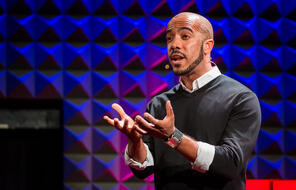
Centering Student Voices to Build Community and Agency
On-Demand
Virtual
Explore approaches to centering student voice, building authentic relationships and cultivating community with Molly Josephs, the creator of This Teenage Life, a youth-driven, story-sharing podcast that started as a school club.
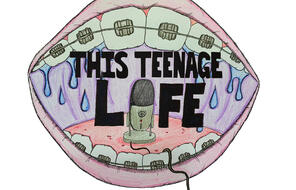
Using the strategies from Facing History is almost like an awakening.
—
Claudia Bautista, Santa Monica, Calif

